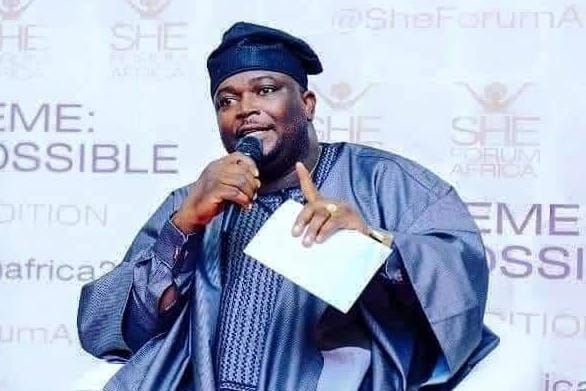Peter Ameh, the National Secretary of the Coalition of United Political Parties and former Inter-Party Advisory Council President, has expressed deep concern over the Independent National Electoral Commission’s (INEC) decision to allow the Federal Capital Development Authority (FCDA) to construct its new headquarters in Abuja. Ameh argues that this decision threatens INEC’s constitutionally mandated independence and represents a regression to practices that undermine democratic progress. He emphasizes that Section 158(1) of the 1999 Constitution, as amended, explicitly safeguards INEC’s autonomy, shielding it from external control. Furthermore, Section 81(3) ensures INEC’s financial independence through a direct line charge to the Consolidated Revenue Fund, reinforced by the Electoral Act 2022. This arrangement was specifically designed to prevent undue political influence over the electoral body.
Ameh dismisses INEC Chairman Mahmood Yakubu’s justification for FCDA’s involvement, which cites the FCDA’s role in building INEC’s initial headquarters after its relocation from Lagos, as “outdated and indefensible.” He contends that Nigeria’s electoral laws have significantly evolved, rendering such arrangements unacceptable for an institution responsible for conducting free, fair, and credible elections. The very fact that the FCDA, an agency under the Federal Capital Territory Administration and subject to political oversight, is funding and constructing INEC’s headquarters compromises the commission’s impartiality and erodes public trust, Ameh argues. This situation, according to him, contradicts the purpose of the direct line charge, which empowers INEC to independently budget for its infrastructure and operational needs through appropriations from the National Assembly. Public sentiment, he notes, reflects this concern, with many Nigerians questioning the integrity of an electoral body susceptible to political influence.
Ameh further criticizes INEC for prioritizing a new headquarters over the welfare of its staff. He argues that the employees responsible for voter registration, election logistics, and result collation deserve competitive salaries, adequate training, and improved working conditions to enhance their efficiency and mitigate electoral malpractices. Diverting resources to a “grandiose project” at the expense of staff welfare, he asserts, undermines INEC’s mission of delivering credible elections crucial for sustainable democracy in Nigeria. He calls on INEC to immediately halt the arrangement with the FCDA and utilize its direct line charge to independently fund and manage the construction of its headquarters.
Ameh’s call to action extends to the National Assembly, urging them to exercise their oversight powers to ensure INEC’s budget adequately reflects its infrastructural and operational needs without reliance on external agencies. He also stresses the importance of prioritizing staff welfare to strengthen the integrity of the electoral system. Ameh believes that Nigerians deserve an electoral body that upholds its constitutional mandate of independence and prioritizes mechanisms that ensure credible elections. He warns that any attempt to undermine INEC’s autonomy poses a threat to the very foundation of Nigerian democracy and calls for swift action to protect the integrity of the electoral process ahead of the 2027 elections.
The core issue raised by Ameh centers on the potential compromise of INEC’s independence due to the FCDA’s involvement in constructing its new headquarters. He views this arrangement as a dangerous precedent that allows political actors to exert undue influence over the electoral body, undermining public trust and potentially jeopardizing the credibility of future elections. He emphasizes the importance of INEC’s autonomy, as enshrined in the Constitution and reinforced by the Electoral Act, and argues that relying on an agency under political oversight contradicts the spirit and intent of these legal safeguards.
Ameh’s critique extends beyond the immediate issue of the headquarters construction. He highlights the need for INEC to prioritize the welfare of its staff, arguing that their well-being is essential for ensuring efficient and credible elections. He frames the decision to invest in a new headquarters while neglecting staff welfare as a misplaced priority that undermines INEC’s core mission. His call for action emphasizes the urgency of addressing these concerns to safeguard the integrity of the electoral process and protect the future of Nigerian democracy. He urges swift action from INEC, the National Assembly, and the Nigerian public to ensure that the electoral body remains truly independent and capable of delivering free, fair, and credible elections.


